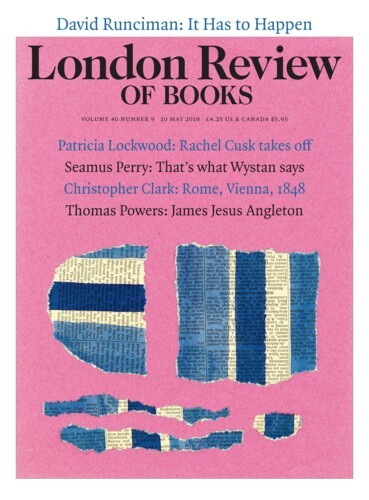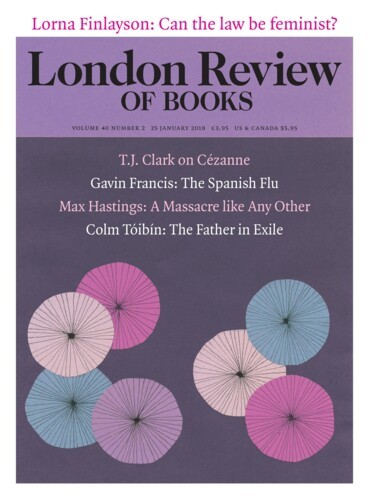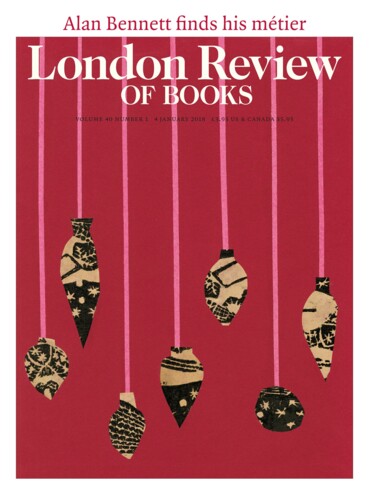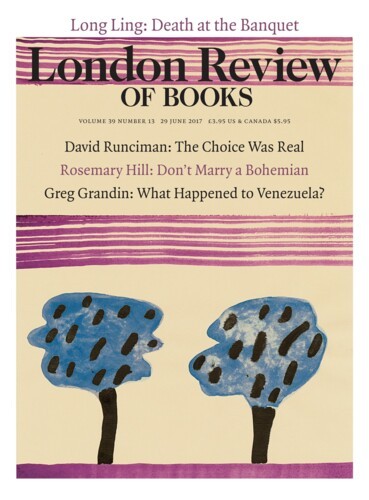Too Few to Mention: It Has to Happen
David Runciman, 10 May 2018
The likeliest way to overturn the referendum result is to wait until one party or other has taken clear ownership of its consequences. For that to happen, Brexit has to happen too. It is possible that at some point a second referendum will be appropriate, once a new status quo has been established, to see whether people would prefer an alternative. Until then, however, conventional electoral politics will have to decide our collective fate. It makes sense to regret that the referendum happened in the first place. But there is nothing to be gained by regretting the result. No one takes responsibility that way.





